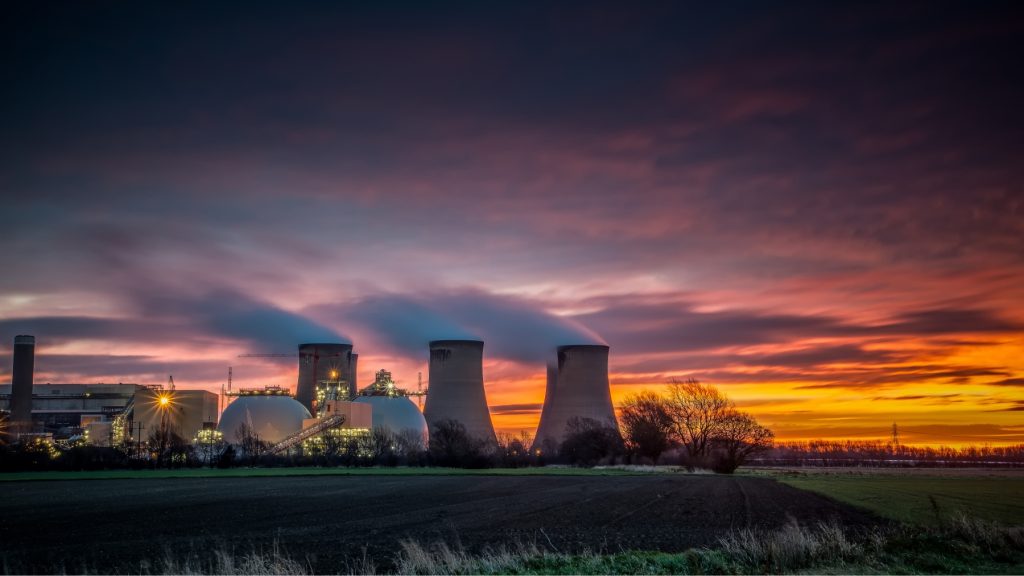
A recent study published in Energy Research & Social Science shed light on the ongoing biomass combustion pros and cons debate happening in the media concerning BECCS.
- University of Southampton researchers analyzed 166 newspaper articles to gauge public perception and media influence on BECCS.
- The study identified eight key storylines, with “Necessary mitigation tool” dominating, while critics argue it is “Worse than coal.”
Bioenergy with Carbon Capture and Storage (BECCS) technology has split the UK as some hail it as a “critical climate solution” and others condemn it as “worse than coal,” a new study finds.
Researchers at the University of Southampton analyzed 166 newspaper articles to understand how BECCS, an energy technology that involves burning plants and trees while capturing and storing resulting carbon dioxide (CO2) emissions underground, is perceived by the public, especially in the UK, which is heavily relying on this technology to achieve a net-zero economy by 2050.
Caspar Donnison, a Research Fellow in Biological Sciences at the University of Southampton and lead author of the research emphasized the role of the media in shaping public opinion on BECCS. He said, “With public understanding of BECCS so limited, the media has a crucial role in shaping debate and opinion on technology. We’ve seen in the fracking debate how competing storylines are used to influence social acceptance of a new technology, and ultimately whether it becomes part of the UK’s energy mix or not.”
They identified eight key storylines regarding biomass combustion: on the pro side, there were “Necessary mitigation tools,” “Keeping the lights on,” “Anchor for transition,” and “Revolutionary technology,” and on the con side, there were “Worse than coal,” “Environmental disaster,” “No silver bullet,” and “Distraction.”
The “Necessary mitigation tool” storyline dominated, appearing in over half of the analyzed coverage. This perspective, championed by Drax Group’s CEO, Will Gardiner, and supported by various stakeholders, positions BECCS as an essential tool in combating climate change.
However, skeptics believe it is “worse than coal” and cite limited evidence, challenging the claim that biomass combustion results in similar CO2 emissions to coal and expressing concerns about supply-chain emissions. Critics also argue that BECCS could put pressure on biodiversity and food crop production.
While the media analysis primarily focused on national and regional newspapers, it noted the influence of Drax Group’s BECCS proposal in Yorkshire, where the narrative was complemented by socio-economic benefits to the region, showing the significance of location-specific support for BECCS projects.
The study also pointed out the need to consider the environmental and social impacts of BECCS at the local level, emphasizing the importance of engaging communities where these projects are proposed. Domestic biomass supply and sustainable sourcing were also identified as crucial factors to disarm critical storylines and clarify the pros and cons.
The fate of BECCS could determine whether it becomes a cornerstone of climate change mitigation or faces rejection as policymakers seek alternative solutions to achieve net-zero emissions.
Inside Telecom provides you with an extensive list of content covering all aspects of the tech industry. Keep an eye on our Tech sections to stay informed and up-to-date with our daily articles.